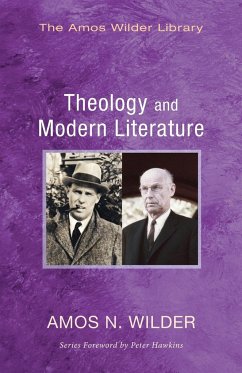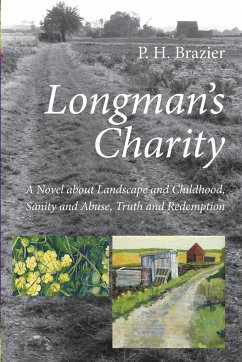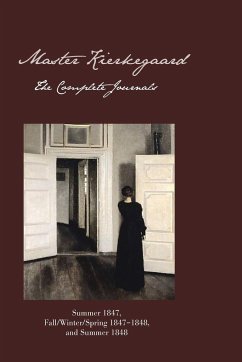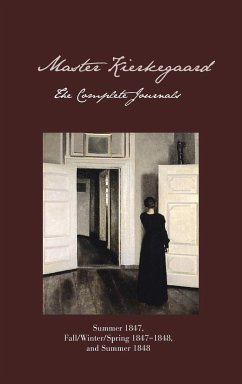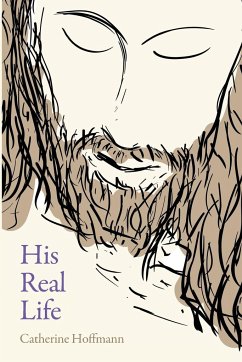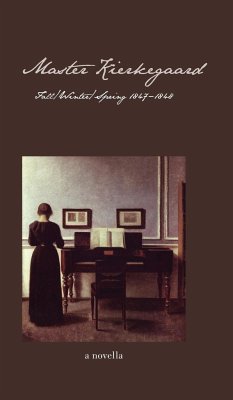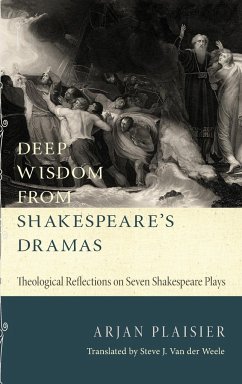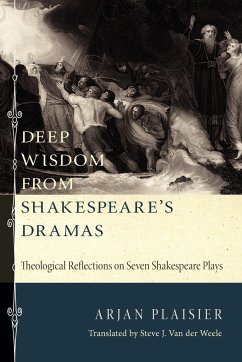We live in a world that calls for the separation of church and state, and the separation of religion and the arts is of a piece with this divided culture. However, this long-standing breach between Christianity and the arts narrows in view of the notable development of mutual interest and conversation between theology and literature. Dr. Wilder discusses this historic cleavage and then sets forth, first from the side of imaginative literature and then from the side of the church, the evidence for an emerging bridge of this gulf. The most significant arts of our time have dealt with metaphysical and moral themes as well as existential concerns by drawing on the great religious mythical patterns of the past. Yet the church, in many respects, has become conscious of its aesthetic shortcomings and is increasingly aware of the modern arts. Dr. Wilder discusses the basic dilemma of Christianity's relationship to the aesthetic order of experience, emphasizing that religious art and symbols should not be viewed as merely decoration, but rather as bearers of meaning and truth and therefore as critically important to the religious tradition. Dr. Wilder examines particular examples of the treatment of religious subject matter in modern works by Jeffers and Faulkner. He reflects on Jeffers' adequate and inadequate views of the central Christian theme of vicarious atonement, and takes Faulkner's The Sound and the Fury as opportunity for consideration of the attenuation of Christian culture. The book aims to inform readers interested in modern literature and the arts of relevant developments in church circles that may both surprise and gratify, even as it introduces churchmen and theologians to features of modern writing that very much concern them.

